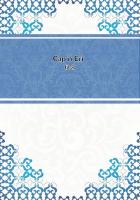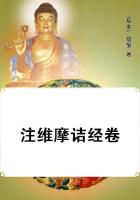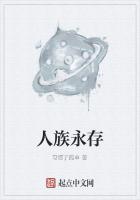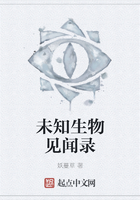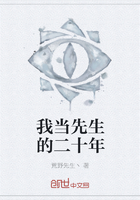Having in the former book clearly set forth the character, manners, and customs of the British nation, and having collected and explained everything which could redound to its credit or glory; an attention to order now requires that, in this second part, we should employ our pen in pointing out those particulars in which it seems to transgress the line of virtue and commendation; having first obtained leave to speak the truth, without which history not only loses its authority, but becomes undeserving of its very name.
For the painter who professes to imitate nature, loses his reputation, if, by indulging his fancy, he represents only those parts of the subject which best suit him.
Since, therefore, no man is born without faults, and he is esteemed the best whose errors are the least, let the wise man consider everything human as connected with himself; for in worldly affairs there is no perfect happiness under heaven. Evil borders upon good, and vices are confounded with virtues; as the report of good qualities is delightful to a well-disposed mind, so the relation of the contrary should not be offensive. The natural disposition of this nation might have been corrupted and perverted by long exile and poverty; for as poverty extinguisheth many faults, so it often generates failings that are contrary to virtue.

